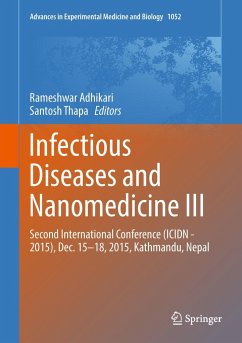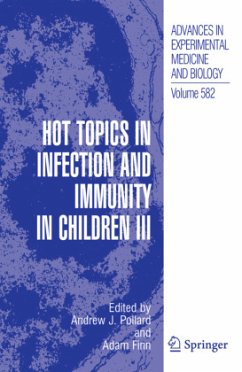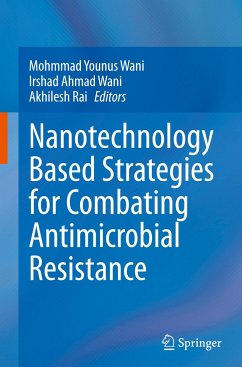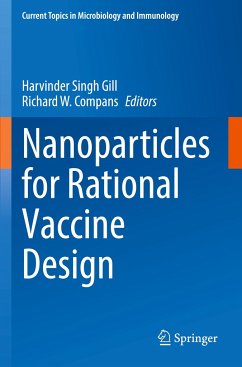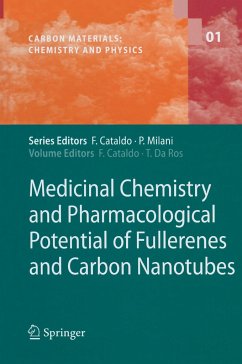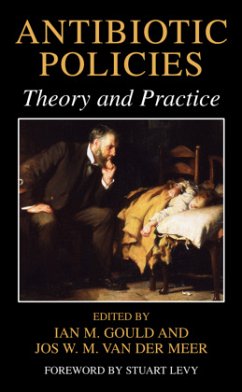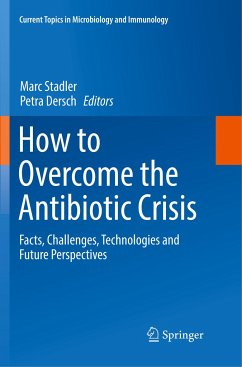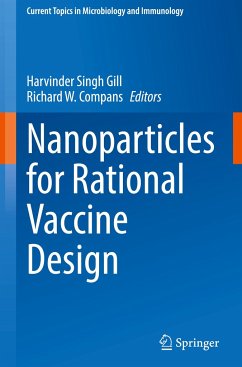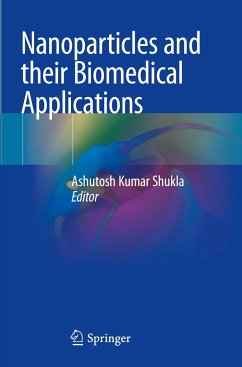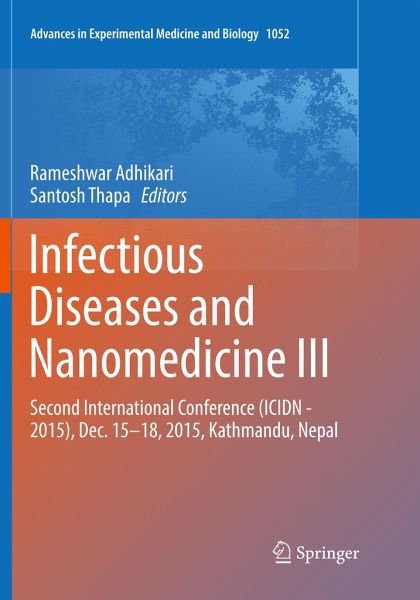
Infectious Diseases and Nanomedicine III
Second International Conference (ICIDN - 2015), Dec. 15-18, 2015, Kathmandu, Nepal
Herausgegeben: Adhikari, Rameshwar; Thapa, Santosh
Versandkostenfrei!
Versandfertig in 6-10 Tagen
76,99 €
inkl. MwSt.

PAYBACK Punkte
38 °P sammeln!
This book gathers selected peer-reviewed papers presented at the Second International Conference on Infectious Diseases and Nanomedicine (ICIDN), held in Kathmandu, Nepal on December 15-18, 2015. It also includes invited papers from the leading experts in the related fields.The book highlights the importance of "Interdisciplinary Collaborative Research for Innovation in the Biomedical Sciences," the motto of the ICIDN conference. In particular, it addresses interdisciplinary scientific approaches for systematic understanding of the biology of major human infectious diseases and their treatment...
This book gathers selected peer-reviewed papers presented at the Second International Conference on Infectious Diseases and Nanomedicine (ICIDN), held in Kathmandu, Nepal on December 15-18, 2015. It also includes invited papers from the leading experts in the related fields.
The book highlights the importance of "Interdisciplinary Collaborative Research for Innovation in the Biomedical Sciences," the motto of the ICIDN conference. In particular, it addresses interdisciplinary scientific approaches for systematic understanding of the biology of major human infectious diseases and their treatment regimes by applying the tools and techniques of nanotechnology. It also provides cutting-edge information on infectious diseases and nanomedicine, focusing on various aspects of emerging infectious diseases: cellular and molecular microbiology; epidemiology and infectious disease surveillance; antimicrobials, vaccines and alternatives; drug design, drug delivery and tissue engineering; nanomaterials and biomedical materials.
The book highlights the importance of "Interdisciplinary Collaborative Research for Innovation in the Biomedical Sciences," the motto of the ICIDN conference. In particular, it addresses interdisciplinary scientific approaches for systematic understanding of the biology of major human infectious diseases and their treatment regimes by applying the tools and techniques of nanotechnology. It also provides cutting-edge information on infectious diseases and nanomedicine, focusing on various aspects of emerging infectious diseases: cellular and molecular microbiology; epidemiology and infectious disease surveillance; antimicrobials, vaccines and alternatives; drug design, drug delivery and tissue engineering; nanomaterials and biomedical materials.



